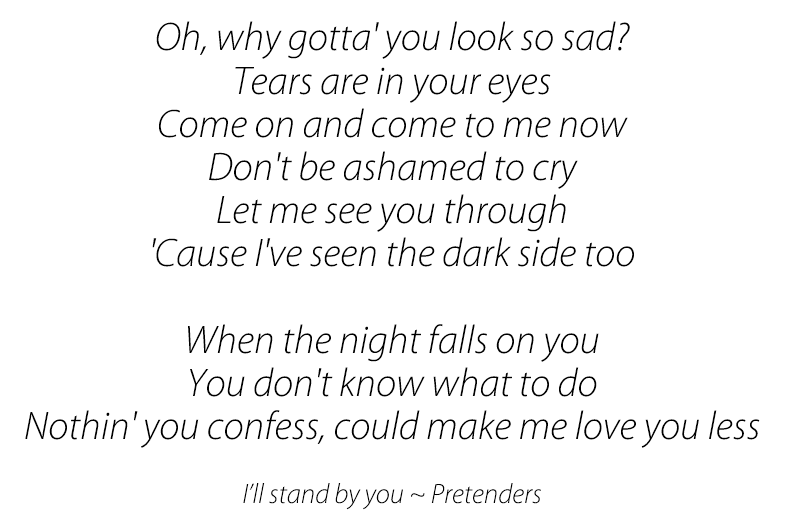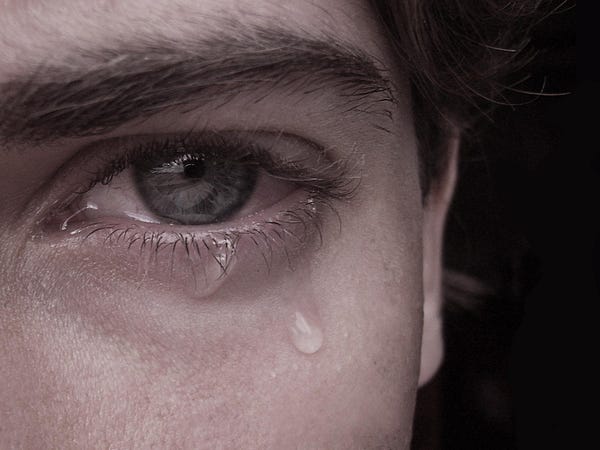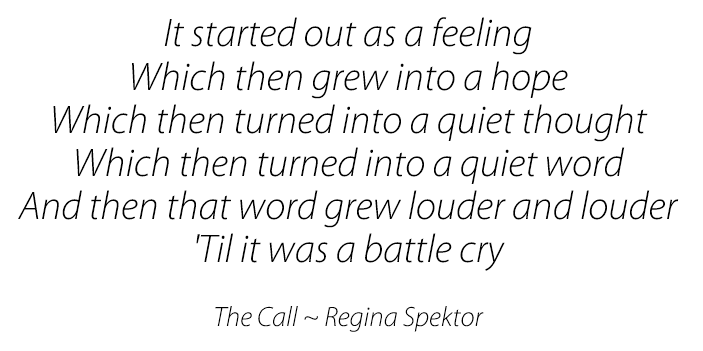Introduction
Mandatory reporting can be an immensely complex topic to
cover. Given the pushes in the United Kingdom for mandatory reporting, I think
it is necessary to address some of the failures that mandatory reporting can
have, as well as some of the misconceptions of what mandatory reporting calls
for. I think that in the United Kingdom, there are particular concerns about
whistleblowers who may wish to report what they know to be an abusive
situation, but fear that their job may be on the line. This is a separate issue
from mandatory reporting. So, this post will aim to address the difference
between mandatory reporting and whistleblower protection, and the pitfalls of
mandatory reporting.
Issues In
Mandatory Reporting
One of the biggest issues that comes to mind with mandatory
reporting is the reality of who sexually abuses children, or for that matter,
the reality of who abuses children in general. The public perception seems to
continue to be that dirty strangers and sex offenders abuse children, or
sexually abuse children. However, the reality is that over 90% of those who
sexually abuse children are people known and trusted by both the child and the
community around the child. With sexual assault as a whole, that statistic is
still above 80%. In other words, in the majority of these cases the perpetrator
is someone who is known, trusted, and well-liked in the community of the child.
When you love someone, the last thing you want for them are
the legal hassles of being arrested, charged, or convicted of a crime. You can
tell yourself until you are blue in the face that it does not matter who the
person is, if they are sexually abusing your child, you will report them
immediately. I really do not care what you tell yourself, but the reality is
not at all that simple. Say you are married with children, and you find out
that your husband or wife is sexually abusing one of the children. You want
them and the child, first and foremost, to get mental health help to wade
through the issue and ensure it does not happen again.
Another common public perception is that most of the time
someone does sexually assault or abuse someone, they will inevitably reoffend.
Please stop here. Go to the right-hand side of this blog, and at the top you
will find, “
Resources:Studies And Articles”. Click it. You can pick any number of studies
and articles in this resource, but the facts and statistics firmly establish
the fact that most people who sexually take advantage of someone else will not
do so again. The facts also show that help is effective in dropping the number
of people who re-offend. While recidivism rates are far from perfect, they are
a great general indicator of how likely to re-offend a particular criminal
population is.
So, let us visit a few scenarios:
1.
A single parent who discovers that a teenage son
or daughter is sexually abusing a younger sibling.
2.
A married couple with children, and one of the
couple discovers that the other is sexually abusing the children.
3.
A married couple without children, and one of
the couple discovers that the other is volunteering with children, and takes
individual children to private places for unknown reasons. They suspect
something might be going on.
4.
Someone who has sexual attractions to children,
and fears they might someday act upon their attractions.
5.
Someone who has sexually abused a child and
wants to get help to stop and make sure it does not happen again.
In each of these scenarios, which are likely very common,
you have people who, under mandatory reporting laws, would not be mandated to
report the abuse. However, if any of these people see a therapist, that therapist
would be required, under mandatory reporting, to tell law enforcement about
that situation. All of these people are either very close to the abusive person
(1-3), or they are the abusive person (4-5). If they are aware that seeing a
therapist means the involvement of law enforcement, how likely are they to seek
help?
That just covers five scenarios not involving mandatory
reporters. Now, let us take a glance at some situations that could involve
mandatory reporters, under mandatory reporting laws:
1.
A social worker, teacher, or church official
that becomes aware of abuse within the child’s family.
2.
A social worker, teacher, or church official
that becomes aware that a coworker is abusing a child.
3.
A police officer that becomes aware that their
partner or boss is abusing a child.
4.
A doctor or nurse that becomes aware that their
direct supervisor is abusing a child.
5.
Someone who works in any one profession that
requires mandatory reporting, but knows someone in their personal life who is
abusing a child.
Suddenly, mandatory reporting stops being straightforward.
Does the person in the first scenario do their duty and rip apart the child’s
family, which is also traumatic for a child? Does the person in situations 2-4
shatter their workplace with such a revelation? If their country does not have
whistleblower protection laws, which shield someone in those situations from
losing their job, will they be risking their job? How likely are any of these
people to say anything in the absence of mandatory reporting laws? How likely
is it that, under mandatory reporting laws, these people will be making a
difficult situation even more traumatic, not only for the child, but all of the
people around them?
Mandatory reporting may sound like the right thing to do at
first, but these ten situations raise a number of questions that do not have
solid answers. Countries that have mandatory reporting, like the United States
and Canada, sometimes will have procedures in place for law enforcement to
limit the trauma of involving the police. These procedures are not in place in
every situation, and come places will have child protective services, family
court, or a similar setup to ensure that fairness and justice are both in
place. Child advocates, lawyers, judges, juries, therapists, social workers…
the complications to each of these situations are not as simple as “make them
report it to police”.
Whistleblower Laws
Some countries, like the United States, have what are called
“whistleblower” laws to protect people who know of illegal activity within the
company from facing retaliation for reporting the illegal activity to the
police. These whistleblower laws do not mandate that people report such
activity, but they do give them legal protections and courses of action to take
if their employer retaliates against them if they choose to make such a report.
These laws give added protection and are aimed at limiting the actions that
employers can take in response to such a report being filed.
Pedophiles
I must stop a moment to address something that most people
do not consider, and that is the reality that pedophiles do not always abuse
children. A pedophile is someone with sexual attractions to young children, and
there is
academic
evidence to suggest that
not
all pedophiles are even a danger to children. Observing that reality does
not make me some kind of “sex offender advocate”, or mean that I am “taking the
side of sex offenders”. It means I recognize a fact that is related to the
issue of child sexual abuse. I have
discussedthe estimates that can be made based on what we know about these issues,
and these estimates show that using the most conservative estimate of the
number of pedophiles, only 8% or less are known to sexually abuse children.
With that being said, and as you probably realize with me
having to dedicate an entire paragraph to explain it, pedophilia is an
extremely stigmatized condition. If you wish to know more about this stigma,
please copy “stigma against pedophiles” into Google, as it is not the main
focus here.
However, it should be pointed out that most mental health
providers do not have specific experience with pedophilia or other sexual
issues. There have also been many horror stories of pedophiles being reported
to the police merely for talking with a therapist about their attractions in
order to get help with them. Therefore, the common assumption among pedophiles
is that if their country has mandatory reporting, it is not safe to talk with a
therapist about the issues they are experiencing. Sexual abusers who are
sexually attracted to children (“pedophilic”, in other words) make up about a
third of
sexual abusers. Imagine if even half of those people felt they were able to
get professional help, before they had sexually abused a child.
Conclusion
Mandatory reporting is not an ideal solution to child sexual
abuse. It can cause more issues than it solves by pushing people further away
from mental health help, and it can have the added effect of stigmatizing
mental health issues. Other solutions besides mandatory reporting, like
whistleblower laws, should be considered in the UK instead, and a closer look
must be paid to the child sexual abuse prevention program
Don't Offend: Germany's Prevention Program.
The United States has had a “
Help
Wanted” study this year to look at what pedophiles report that they needed
in adolescence to help them with pedophilia. A great many organizations exist
to reduce and eliminate the stigma around mental health issues. We must
investigate other alternatives to mandatory reporting.















